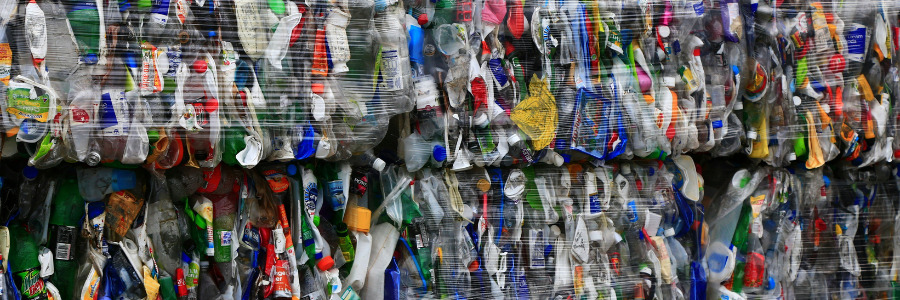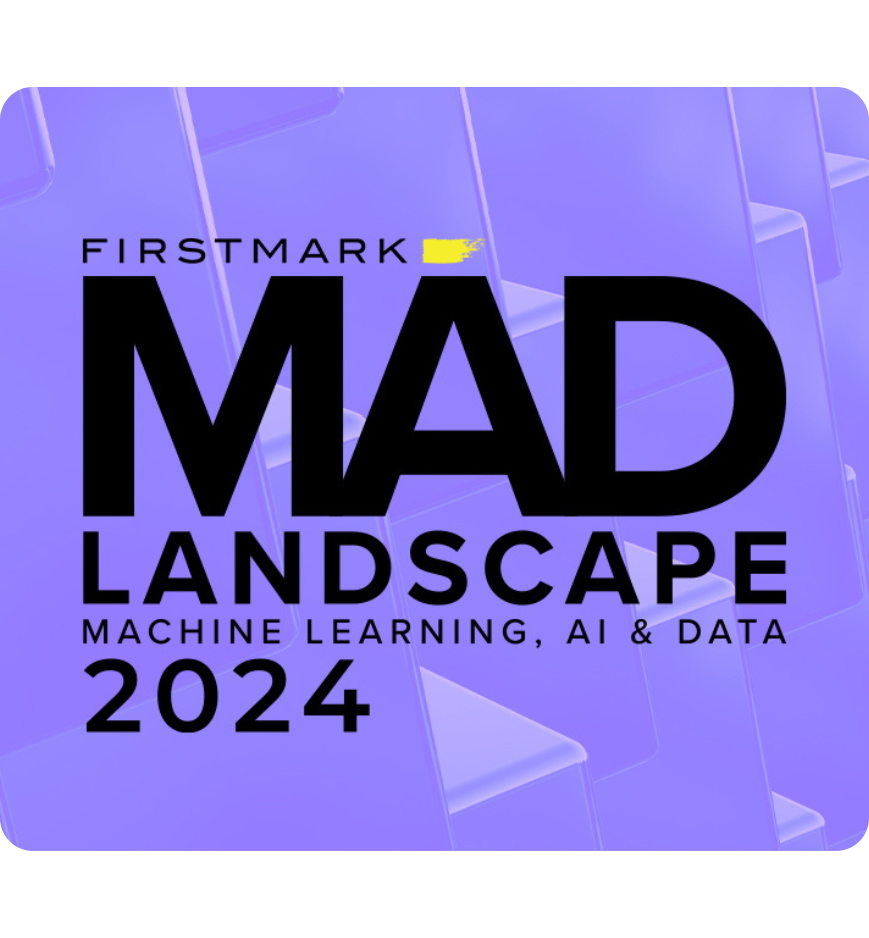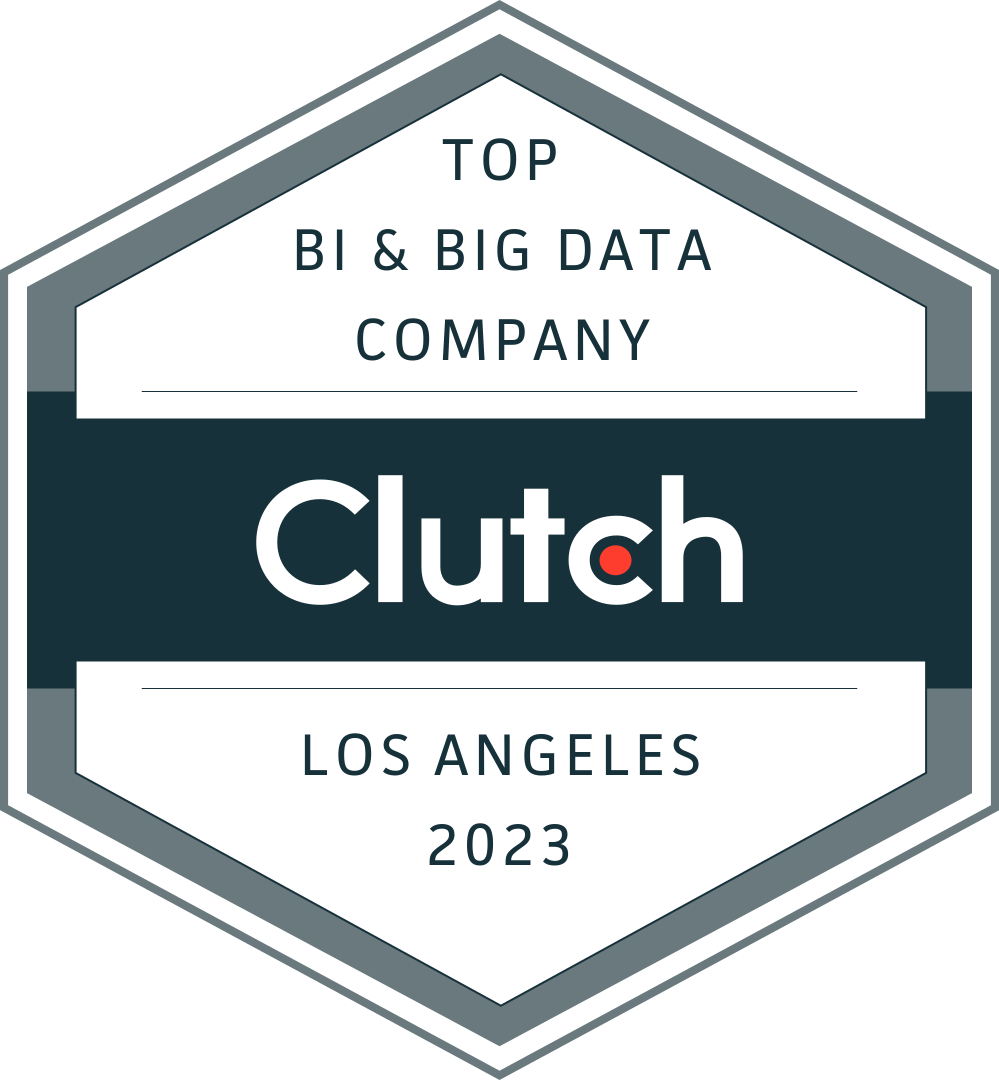
A pioneering UK start-up, embarked on a bold mission to revolutionize the bottle recycling process. Recognizing the longstanding challenge of execution within the recycling industry, particularly in terms of user-friendliness, company sought to innovate with a solution that would streamline and enhance the user experience. Their vision? To introduce stand-alone recycling machines operational 24/7, designed to pick up bottles ready for recycling.
Case Study Shortcut
Challenge
Running AI on Limited Hardware (Raspberry Pi)
The system needed to operate fully on-device using Raspberry Pi, which has limited processing power and memory. This constraint made it challenging to use traditional, compute-intensive computer vision models, requiring the team to carefully optimize and adapt lightweight AI models for real-time performance.
Accurate Material and Condition Classification
To fairly reward users, the AI system had to accurately identify the material (glass, plastic, can) and assess the size and damage level of each item. Achieving high accuracy in varied lighting and usage conditions required multi-stage classification, semantic segmentation, and extensive model fine-tuning.
Fraud Detection and Real-Time Validation
The system had to implement anti-fraud mechanisms, including detecting organic waste and identifying attempts to reinsert the same item (via reverse movement on the conveyor). This involved building robust real-time object tracking and motion detection logic to ensure fair recycling practices.
Outcome
The company’s stand-alone recycling machines enhance user experience by providing a convenient and accessible way to recycle bottles round-the-clock. The integration of advanced computer vision sensors ensures efficient material identification, allowing accurate sorting and processing of bottles.
Moreover, anti-fraud systems effectively differentiate organic waste and detect reverse movement of objects on the conveyor belt, promoting fair recycling practices.
Before
- Recycling processes were often manual or semi-automated, leading to inefficiencies and user frustration.
- No real-time material validation, making it easy for non-recyclable items or fraud attempts to go undetected.
After
- Deployment of stand-alone AI-powered machines operational around the clock, providing a fully automated user experience.
- Advanced computer vision models accurately classify materials, assess item condition, and validate size.
- Anti-fraud features detect reverse movement and organic waste, ensuring fair credit distribution.
- Entire system runs locally on cost-effective Raspberry Pi hardware, reducing infrastructure complexity and enabling scalability.

Integrate those solutions in your company
Case Study Details
Approach
Multi-Stage Object Classification
- Implemented a two-step classification process to distinguish between glass, plastic, and cans, and to assess the degree of damage for plastic and cans.
- Classification results were used to determine the reward points granted to users.
Use of Lightweight, Pre-Trained AI Models
- Chose MobileNet for object classification due to its lightweight architecture, suitable for Raspberry Pi.
- Employed DeepLab v3 for semantic segmentation to assess object size and shape with high precision.
- Both models were fine-tuned on custom data for better performance in the specific recycling context.
On-Device, Real-Time Processing
- Entire solution designed to run locally on Raspberry Pi, with no reliance on cloud infrastructure.
- Required efficient model optimization and strict control over latency and resource usage.
Anti-Fraud Detection Mechanisms
- Developed systems to detect reverse movement on the conveyor belt using “motion vectors” from the Raspberry Pi camera.
- Implemented logic to recognize and filter out organic waste, preventing fraudulent recycling attempts.
Our Team Expert Opinion

While the initial concept appeared straightforward to implement, the software posed significant constraints. We faced the challenge of constructing a model capable of operating within a very limited time and within relatively modest infrastructure. Unlike cloud-based solutions boasting substantial computing power, our hardware, based on Raspberry Pi, presented inherent limitations. Thus, our strategy necessitated seeking out compact AI models instead of relying on state-of-the-art computer vision solutions.
Michał Pocztowski Senior Data Scientist at Addepto














